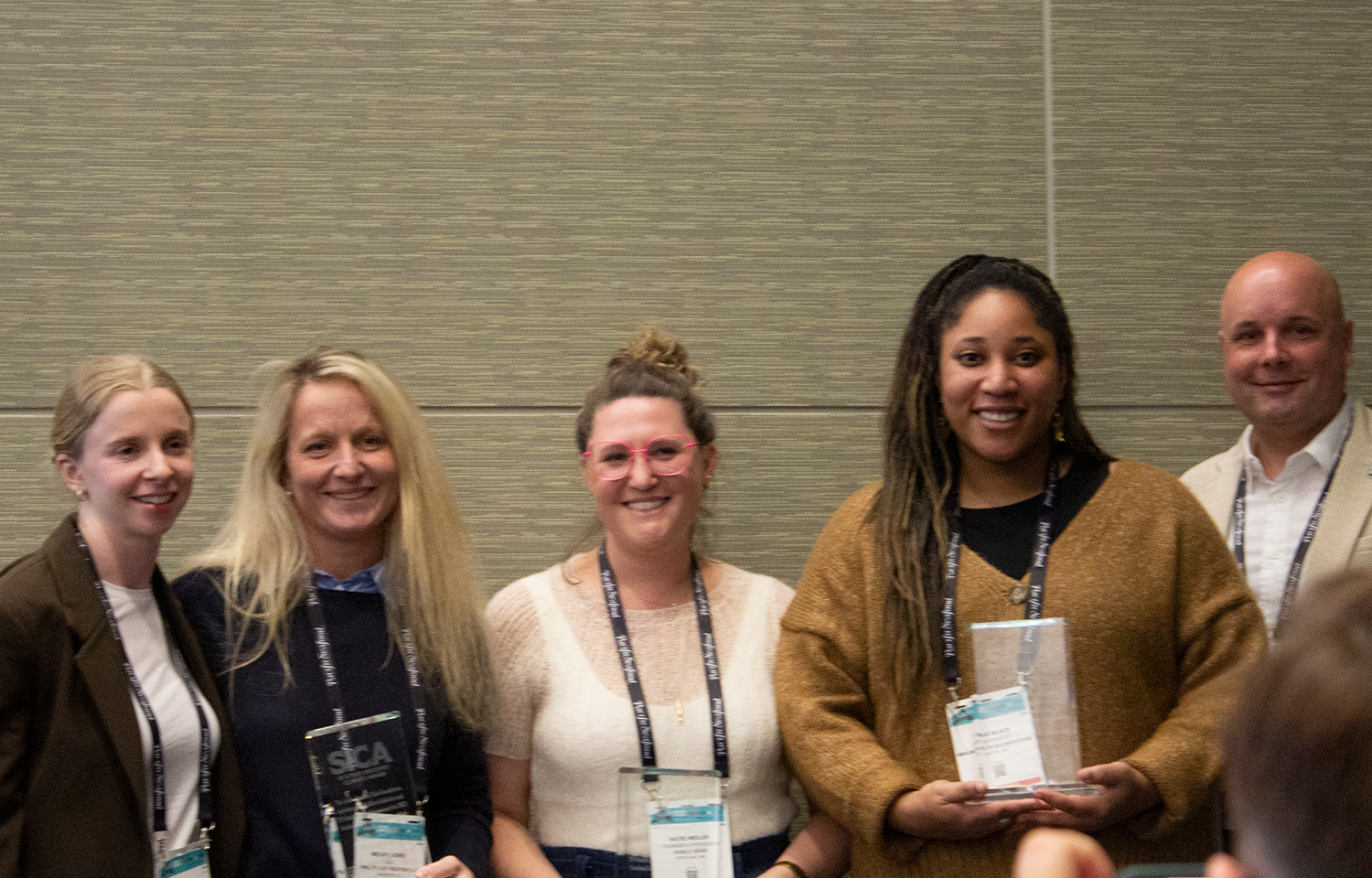Minorities in Aquaculture, Pine Island Redfish, and Viable Gear were recognized as Acme’s 2023 Seafood Industry Climate Award (SICA) winners at the 2024 Seafood Expo North America, which took place from 10 to 12 March, in Boston, Massachusetts, U.S.A.
This year, the award for winning increased to USD 70,000 (EUR 66,244) per winner from the 2022 award of USD 40,000 (EUR 37,854) for each recipient, Acme Smoked Fish Chief People and Sustainability Officer Rob Snyder said at the Acme reception.
Minorities in Aquaculture will be applying funds from the SICA award to fund the organization’s 2024 internship program, which aims to provide full funding, including stipends, housing, field gear, certifications, and more, for five women of color and/or gender minorities to gain hands-on industry experience and technical skills as they explore building careers in aquaculture.
“Our efforts are centered around educating, empowering, and supporting the next generation to become viable and successful employees within all sectors of the global aquaculture and maritime industry workforce pipelines,” Minorities in Aquaculture Founder and CEO Imani Black told SeafoodSource. “It’s our goal to be the most impactful and supportive resource for all involved in aquaculture as we continue to grow as an organization – not just for the underrepresented demographics of the industry through responsive advocacy and representation but for the aquaculture farmers, suppliers, businesses, and operations that are ready to invest toward a more accessible, sustainable, and profitable industry that is welcoming and empowering for all – no matter gender, racial background, or identity.”
Viable Gear, which was founded in 2021 and is headquartered in Portland, Maine, U.S.A., aims to reduce the use of plastics in the aquaculture and fishing industries by incorporating seaweed as a plastic replacement.
“Our prototype twine is actually a circular product, and we are using this in seaweed hatcheries,” Viable Gear Founder and President Katie Weiler said. “Places ... will hopefully, down the line, be using our material to seed their farms, and then after that, we'll split it up into some bigger products, like other tubular meshes, to be used in the fishing and aquaculture industries. We're really excited to do that and reduce some plastics that get into our ocean and then into our blue food system.”
Pine Island Redfish, a land-based fish-farming firm based in Pine Island, Florida, U.S.A. that grows red drum through a recirculating aquaculture system, will be using the SICA award to reduce its carbon footprint by optimizing its fish waste.
“It's not always sexy to talk about waste, but our fish waste is pretty special,” Pine Island Red Fish CEO Megan Sorby said.”We are using it to contribute to what we know will make the biggest impact in our carbon footprint, which is to cultivate red mangrove specifically for environmental remediation projects.”








